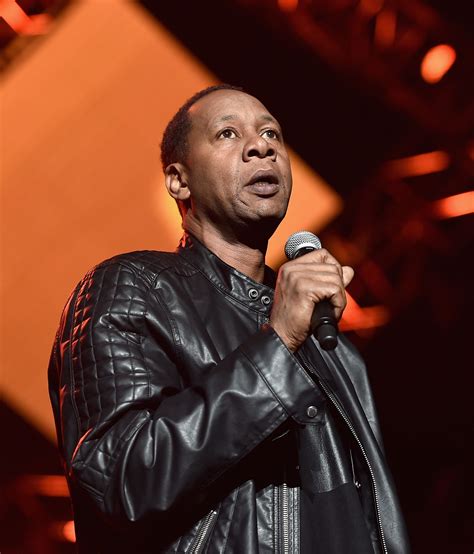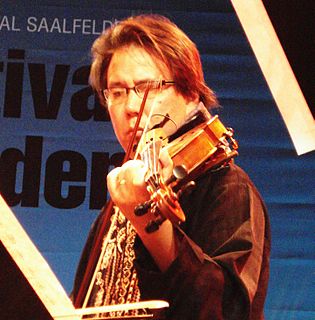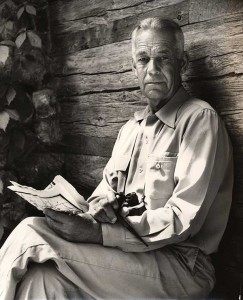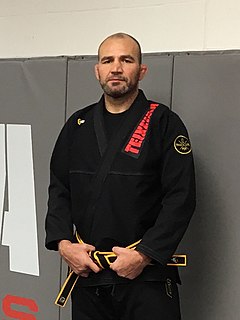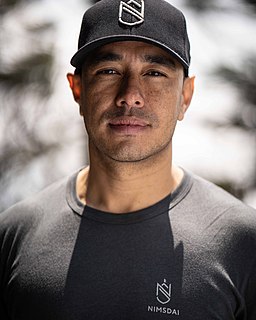A Quote by Sonia Rykiel
I didn't listen to anyone. I was so violent, so authoritarian, only listening to what I wanted and myself.
Related Quotes
Listening is totally different from hearing. Hearing, anybody who is not deaf can do. Listening is a rare art, one of the last arts. Listening means not only hearing with the ears but hearing from the heart, in utter silence, in absolute peace, with no resistance. One has to be vulnerable to listen, and one has to be in deep love to listen. One has to be in utter surrender to listen.
It always fascinates me how you can get so much joy listening to another person, when me, personally, I can only listen to myself and my music these days. I've got some people in my iPod, but I only listen to myself. I'm folding into myself and I used to think that that was what you're supposed to do - you're supposed to reject everyone else and figure out who you are. You get little shards and points of reference, but that's how you confirm that only you know what is right for you. Everything else is pollution. What's starting to happen to me is sort of an identity crisis.
Deep listening is the kind of listening that can help relieve the suffering of another person. You can call it compassionate listening. You listen with only one purpose: to help him or her to empty his heart. Even if he says things that are full of wrong perceptions, full of bitterness, you are still capable of continuing to listen with compassion. Because you know that listening like that, you give that person a chance to suffer less.
When you're listening to music, you listen to it with a friend one day and it sounds one way. You listen to it with another friend the next day, and it sounds a little different. Sometimes the greatest pleasure of listening is not the music that you're listening to; it's the person that you're listening to it with.
I named this place Listening Point because only when one comes to listen, only when one is aware and still, can things be seen and heard. Everyone has a listening point somewhere. It does not have to be in the north or close to the wilderness, but someplace of quiet where the universe can be contemplated with awe.
The secret is to listen, open your mind, listen to the pros. With the help of the UFC's Performance Institute, too. Listening to my coaches and listening to my body, too. Having discipline. It's not just listening, too, because sometimes people have the knowledge but don't know how to use it. You need to be able to put that to practice.
When you begin to suggest that dissent, opposition, resistance, the only way to deal with it is not to listen to it and to engage in dialog with it, but basically to label it as anarchy and to repress it with the most violent, in the most violent means possible. I mean, that's essentially an element of neofascism. That's not about democracy.




